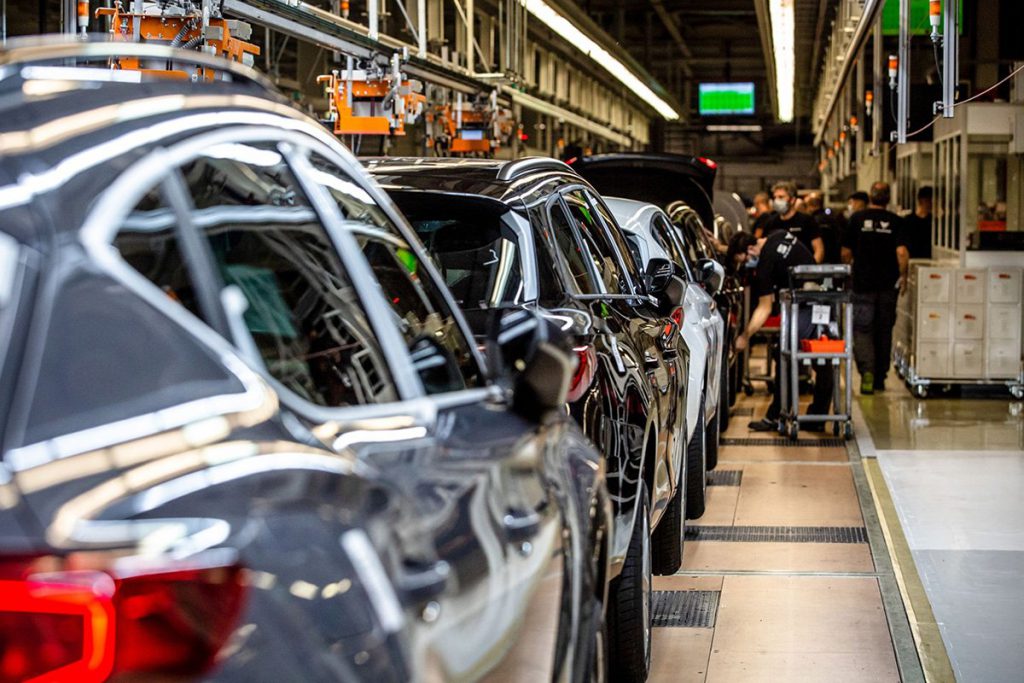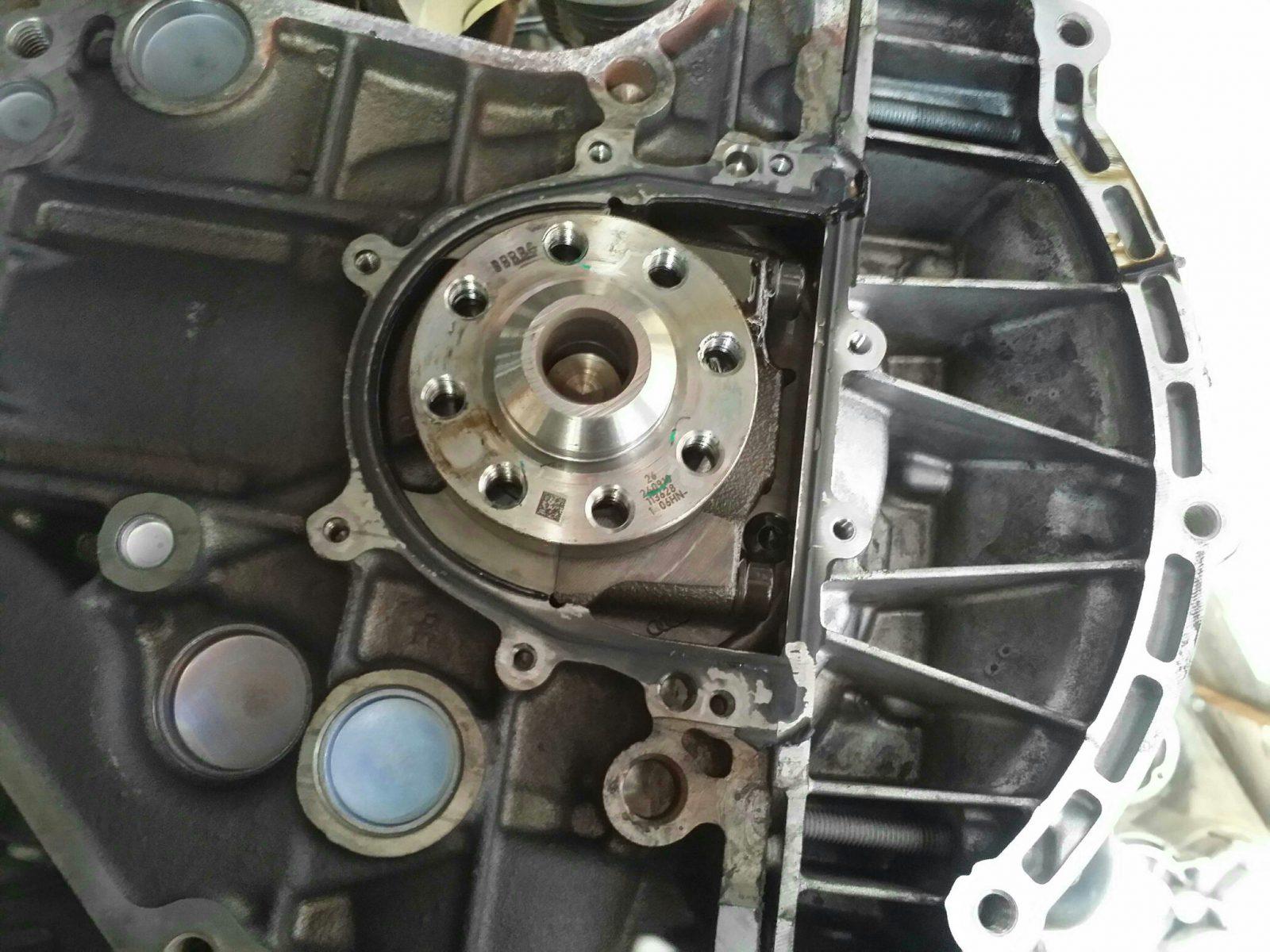When Will The Chip Shortage Come To An End?
Anyone who has paid attention to the automotive industry recently has likely seen that cars have gotten very expensive. There is a significant shortage of new cars on the market because there are not a lot of semiconductor chips available. A lot of these chips are required to power the computer systems of the cars. Because there is a shortage of new cars, used cars have become more expensive as well. This has made it difficult for the average person to purchase a car. Now, a lot of people are wondering when the semiconductor chip shortage is going to end? What do people need to know about the chip shortage, and when might it come to an end?
Why Is There a Chip Shortage?
Unfortunately, the coronavirus pandemic has led to a massive disruption in the semiconductor supply chain. Demand for microchips exceeded Supply before the pandemic, but the pandemic simply made it worse. People were spending more time at home than they were before, fueling the demand for more phones and tablets. In addition, the healthcare industry was having to ramp up operations, meaning they were purchasing more computers as well. All of this contributed to a significant shortage of semiconductor chips.
The Chip Shortage Is Continuing

Even though many sectors of the economy are reopening in the wake of the coronavirus pandemic, the automotive industry continues to lag behind because of the chip shortage. For example, Toyota, which is one of the largest car manufacturing companies in the world, estimated that it was going to produce between 60,000 and 80,000 fewer vehicles during the month of October. Furthermore, a lot of expert analysts in the industry are predicting that the automotive industry could produce 8 million fewer vehicles by the end of this year when compared to last year because of the chip shortage.
So, how long is this chip shortage going to last? It might be a good idea to listen to some of the leaders of semiconductor production companies. Unfortunately, according to the leader of Marvell Technology, a major semiconductor company, the chip shortage could continue into 2022. There is an unprecedented demand for computer chips right now. This is placing a significant strain on the semiconductor industry. Even though a lot of semiconductor chip producers have already announced plans to expand factory capacity, it is going to take a long time for semiconductor companies to ramp up their operations. It is difficult to repurpose a facility for the production of semiconductor chips. This is one of the biggest reasons why it has taken so long for the industry to catch up with the demand.
When Will it End?
Even though some parts of the world have reopened, there are other areas where the pandemic remains a significant problem. Production and distribution facilities are trying to increase production, but shortages will likely persist into 2022. Every semiconductor production company is providing different estimates, but it is probably going to last for several months. Stop semiconductor company leaders are predicting their shortages could persist into 2023.
Ultimately, a lot of the chip shortage is being driven by the coronavirus pandemic. If issues related to the pandemic are resolved earlier, then the demand for semiconductor chips could drop. When this is combined with the increased production capacity of many of the factories, that shortage could end sooner. Unfortunately, the pandemic is still a significant issue in many parts of the world. This is contributing to many of the problems people are experiencing with the supply chain.
Looking to the Future of the Automotive Industry
There are numerous industries that are being impacted by the semiconductor chip shortage. One of the biggest examples is the automotive industry and companies that service them like automotive digital marketing agencies. As people around the world continued to scramble for a new or used car, all eyes are on the semiconductor industry. A lot of automotive manufacturers are indicating that the chip shortage is dramatically impacting the industry, and people are waiting with bated breath to see if the semiconductor industry can catch up. It will be interesting to watch the next few months unfold as semiconductor companies try to increase their production of computer chips.














